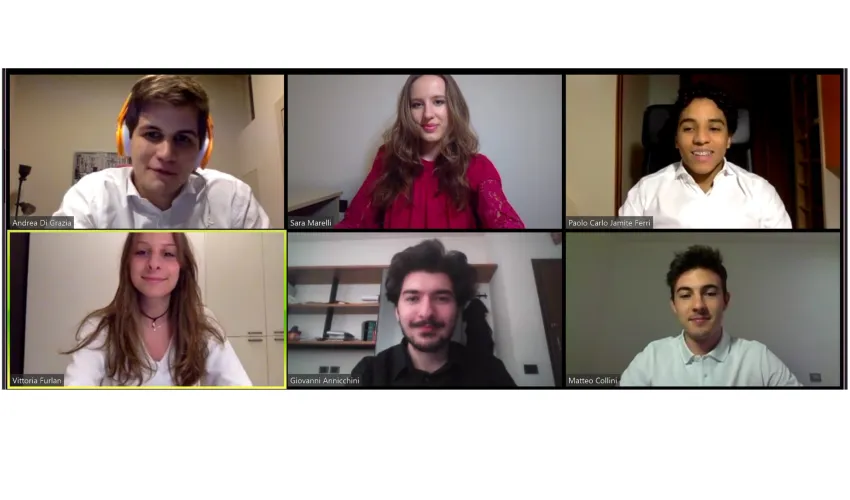
A Competition to Achieve Convergence in Health Policy Between Regions
When people say you have to do it big, they might have a point. A case competition involving almost one thousand students is not a normal thing even for Bocconi, but it is what happened in Francesco Longo's Public Management course, which involved all eight classe groups of the MSc in Economics and Management of Government and International Organizations. The students, divided into 120 teams, had to compete by means of data, analysis and strategy to be the one team ending up on top after a tough selection process. All strictly in distance mode, as the difficult times require.
"The objective of the competition", explains Longo, "was to identify strategies that produce convergence in health policy between stronger and weaker Italian regions in terms of financial transfer mechanisms and governance policies. We gave students a bunch of qualitative and quantitative data to work on". It was complex but stimulating goal, because it allowed participants to apply the theory, i.e. what they learned in class, to real-world situations. "It is exciting teaching this way, because students have the opportunity to generate something new and important."
After an internal selection, the four finalist teams challenged each other in a live session that included presentations and then answers to the questions posed by an external jury composed by Federica Di Pilla, director at the Italian Ministry of Finance, Alberto De Negri, KPMG partner and head of the health care division, and Gianni Giorgi, former director of health department of the Lombardy Region and now commissioner for the restart plan of the Latium Region. The team (class 4) winning the race was comprised of Giovanni Annicchini, Matteo Collini, Andrea Di Grazia, Paolo Carlo Jamite Ferri, Vittoria Furlan, Sara Marelli.
"It was the first time for us to be in an actual competition," says Giovanni Annicchini, a 20-year-old from Bari who decided to stay in Milan during the lockdown, "and this undoubtedly was an incentive. Working remotely was not a problem for us from the point of view of technology, however direct, personal contact favors the exchange of ideas and debate".
Working with real data, even for a case competition, made students aware that even the most thought-out, effective strategies, must face unexpected and unpredictable obstacles in real life, which cannot always be overcome. So you have to work with what you have. "We have a better understanding of how the public sector works", continues Annicchini, "because every solution must always consider the constraints of public administration first. Resource constraints, first of all. But also the legal issues. We went beyond the traditional case study, because we tried to understand whether our ideas were actually feasible".
In the end, in a group of finalists all capable of producing excellent work, what decided the final outcome, explains the student, "was our choice to focus on the Region's office of health deputy as starting point to improve on all the other dimensions of health policy. It was, the jurors said, a forward-looking choice." For the six winners, the prize will be a gourmet dinner in the dark at the Milan Institute for the Blind.